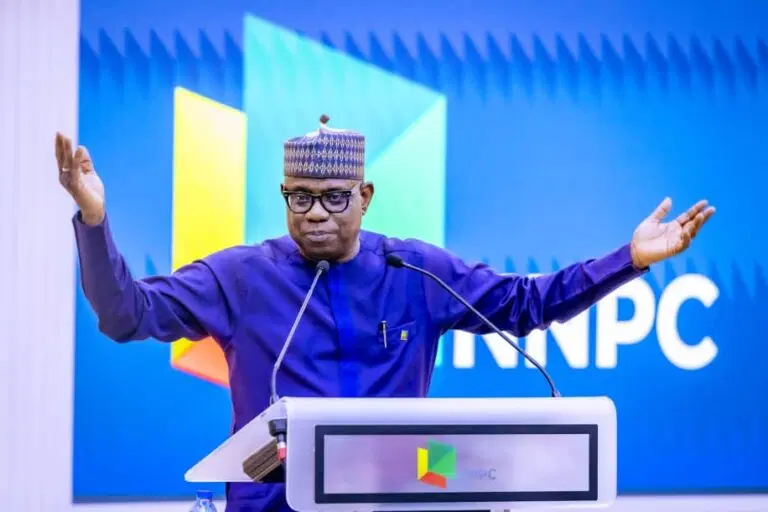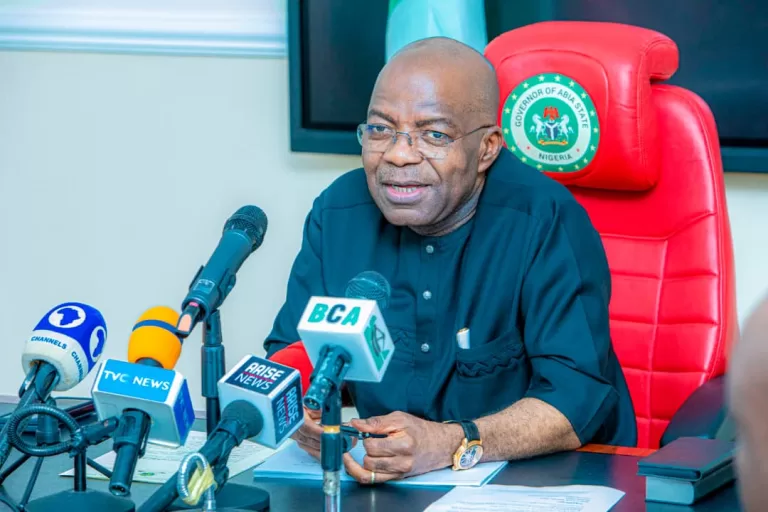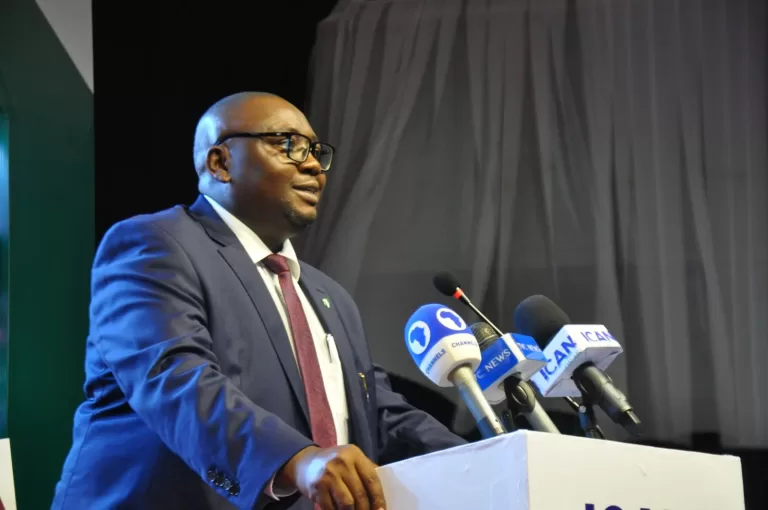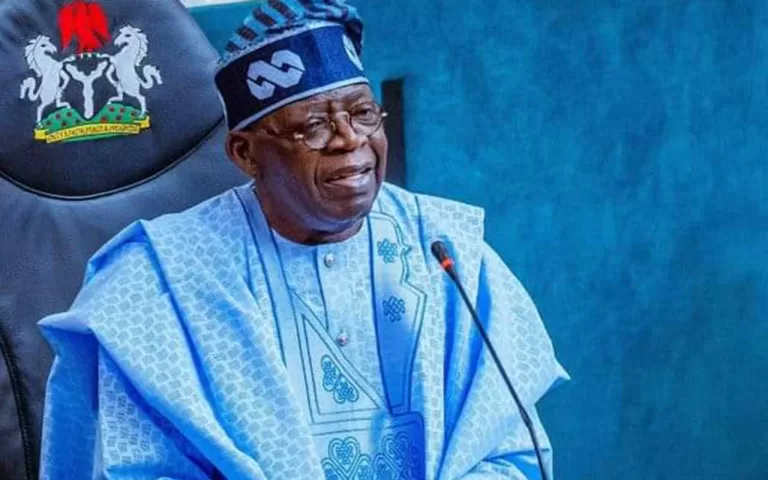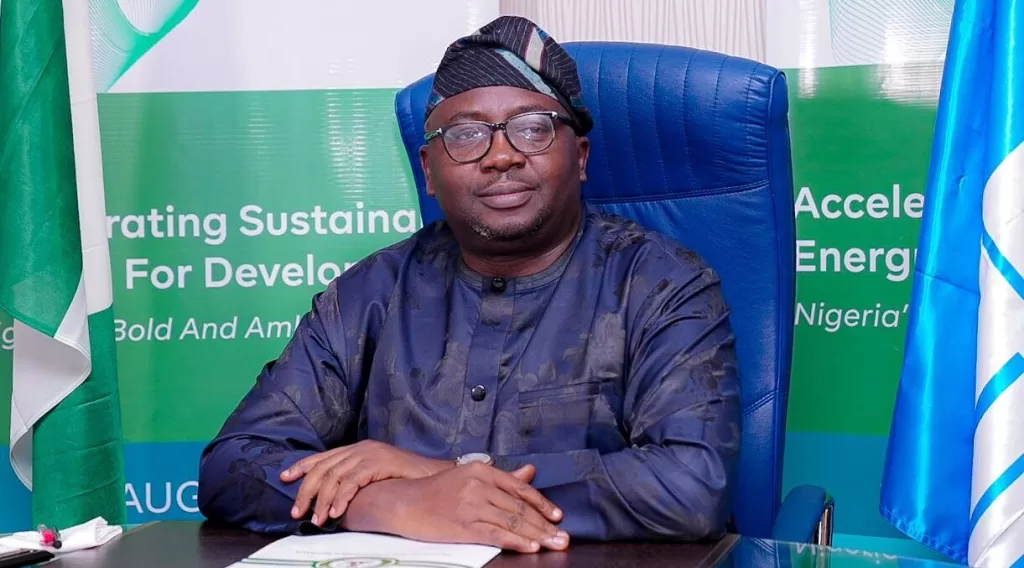
After years of abandonment, the 215MW Kaduna Power Plant is back on track and nearing completion, with operations slated to begin before the end of 2025, according to Nigeria’s Minister of Power, Adebayo Adelabu.
Speaking at the 2025 Ministerial Press Briefing Series in Abuja on Thursday, Adelabu revealed that the facility is currently 87% completed—a significant milestone for a project that had been stalled since 2018.
“This plant was 87% completed but neglected for six years,” Adelabu stated. “I personally inspected the site and secured President Tinubu’s approval to resume work. I can assure you that by year-end, the Kaduna Power Plant will be operational.”
Reviving Long-Stalled Infrastructure
Originally awarded in November 2009 to General Electric and Rockson Engineering, the dual-fuel plant—capable of running on Low Pour Fuel Oil (LPFO) and natural gas—was intended to be completed by December 2013. However, the project stalled amid administrative lapses and funding issues, leaving the critical infrastructure dormant for years.
Strategically located in the Kudenda industrial zone rather than its original Kakuri site, the power plant was expected to benefit from the Abuja-Kaduna-Kano (AKK) gas pipeline—a project led by the Nigerian National Petroleum Corporation (NNPC) to boost gas supply in northern Nigeria.
A Broader Energy Strategy
Adelabu also disclosed that the Federal Government is not only focused on reviving old projects but also building for the future. He announced early-stage development of the Makurdi Hydro Project, a massive 1,500MW hydroelectric power initiative.
“We are in the early phases of the Makurdi Hydro Project,” he said. “It’s part of our long-term strategy to diversify Nigeria’s energy mix. We must plan ahead to avoid repeating the mistakes of the past—waiting until existing assets are overstretched before acting.”
Powering Progress and Economic Growth
The Minister reaffirmed the Tinubu administration’s commitment to addressing Nigeria’s chronic electricity shortfalls. By fast-tracking stalled projects and introducing new infrastructure, the government aims to expand national generation capacity, reduce dependence on costly diesel generators, and improve grid stability.
“The power sector is a cornerstone of our economic blueprint,” Adelabu said. “When we deliver reliable electricity, we don’t just power homes—we power factories, jobs, innovation, and national growth.”
With Kaduna Power Plant nearing the finish line and large-scale projects like Makurdi on the horizon, Nigeria may be turning a corner in its long quest for energy reliability.


